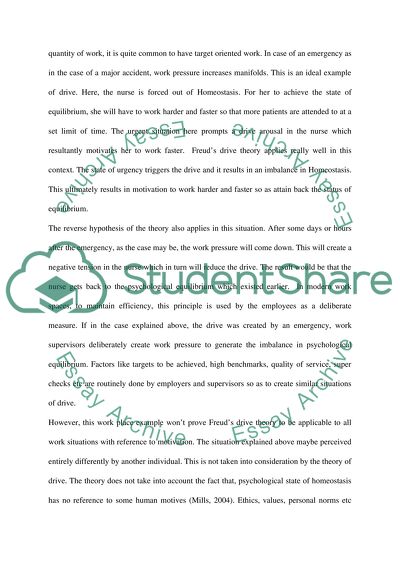Cite this document
(“Motivational Concepts Essay Example | Topics and Well Written Essays - 1250 words”, n.d.)
Retrieved from https://studentshare.org/psychology/1429567-motivational-concepts
Retrieved from https://studentshare.org/psychology/1429567-motivational-concepts
(Motivational Concepts Essay Example | Topics and Well Written Essays - 1250 Words)
https://studentshare.org/psychology/1429567-motivational-concepts.
https://studentshare.org/psychology/1429567-motivational-concepts.
“Motivational Concepts Essay Example | Topics and Well Written Essays - 1250 Words”, n.d. https://studentshare.org/psychology/1429567-motivational-concepts.


